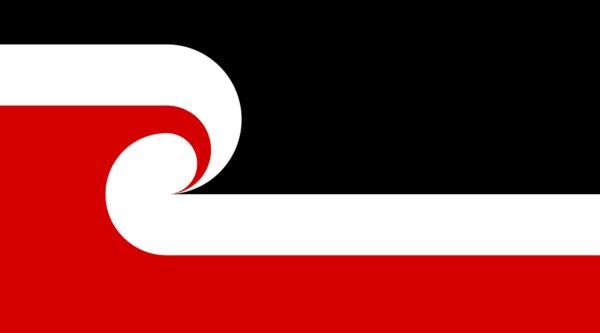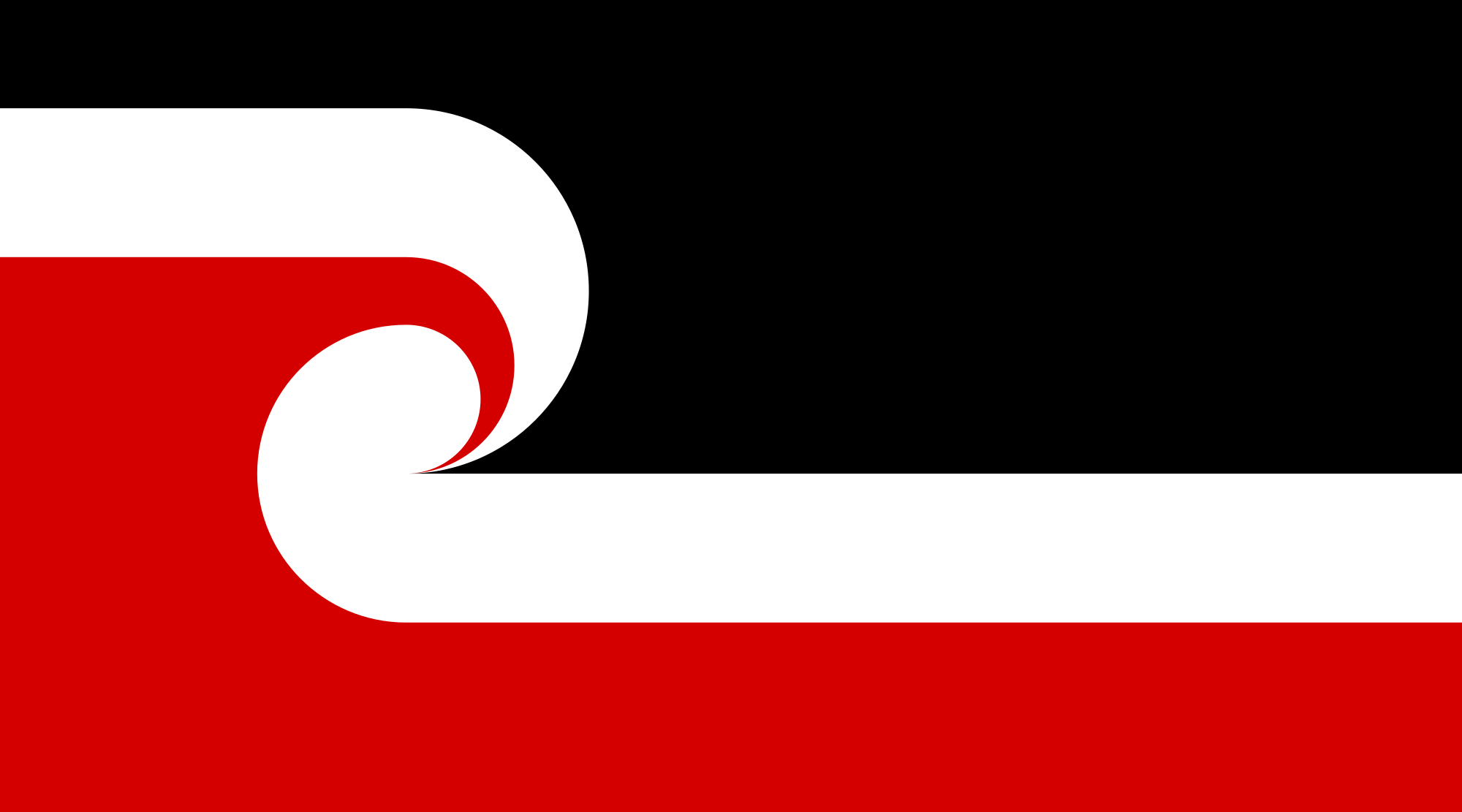
In the panel on a knowledge at the hui in October 2018 on What an Alternative and Progressive Trade Strategy for New Zealand, Maori commentator Carrie Stoddart-Smith, from Ngāpuhi and Ngāti Whātua, talked about the international trade regime from the perspective of maraturanga Maori.
[He mihi] I wanted to start with my whakapapa here and to mihi to George Laking because of what he said about everything starting with whakapapa. For me, whakapapa and matauranga Maori are inseparable. Knowing things comes with responsibility and that comes with your whakapapa – it’s your responsibility to your ancestors, to your whanau, to your hapu, to current generations and also future generations. Just a little about why I am so passionate about matauranga.
It’s a process as much as a practice, so it’s ways of being and engaging in the world. We use it to examine, analyse, understand the world. It helps us to understand different purposes and meanings, and ways of engaging with the world that we can transmit from one person to another, from generation to generation. It provides insight into different perspectives about knowledge and knowing. I don’t like to talk about just knowledge. Knowledge and knowing go together and are important for understanding the past, responding to current needs and preparing future generations. So we need to know what we know, what we don’t know and always be aware of what we know that we don’t know.
Knowledge for me should not be seen as a commodity, in the matauranga sense anyhow.
We should be talking about it as something that’s shared. And that’s how I like to think about trade, that it’s something that’s shared. It’s about sharing. It’s not about anything else aside from building friendships, sharing, and building relationships. That goes back to the reciprocity element that was raised earlier on.
With knowledge, and particularly cultural knowledge we have to ask a lot of questions we don’t have the answers to just yet. That’s why it’s really cool to have this conversation. What are we willing to share, how are we willing to share it, are there things that can’t be shared, and how do we retain and exercise ownership of those things that we want in the public domain but we don’t want other people to own or decide how they are to be interpreted.
Sandra Gray (chair): Current free trade models don’t work when it comes to knowledge. Is there something in particular we need to be looking for that is particularly broken, as that might help us find solutions around the way that we are currently seeing knowledge sharing, generation and what’s coming up, rather than what’s already been?
Carrie: There’s a whole lot broken in our trade system. I want to build on that sharing economy stuff. All our young people who are coming through, if we can get them to shift their thinking, that’s where we are going to start seeing what the benefits of a sharing economy is.
For me, one of the things I have been thinking about – what is the purpose of trade and why do we do it? For me it’s for an enduring peace. Trade is a mechanism for that, provided the tikanga is right. There’s a practice which is unchanging – it’s importing and exporting goods, exchanging ideas, all that stuff – but the value system on which it’s built needs to change. What we’re hearing at moment from MFAT to NZTE is we’re moving from this ‘value-based’ economy. When I first heard that kind of comment I thought that sounds kind of cool, because I misinterpreted what they meant by ‘value’. They didn’t mean values, they meant we’re going to make all these premium products, send them off to the middle class, and we’re not going to change how the profits are redistributed back to our communities.
That’s the thing I would like to see, to look at markets differently, as markets freed from ideologies, freed from false histories, freed for shaping a sharing economy, and freed for future generations. What does that look like? It’s growth agnostic, drawing on Kate Raworth’s donut economics that is quite compelling. It has this socially just foundation and this ecological ceiling, and within it we are doing things that are regenerative, and redistributing profits. Profits for me aren’t bad; I’m critical of how they are obtained and how they are distributed. If they are obtained in an ethical way, we need to be engaged in commercial activities. Especially if I look at our Maori communities. If we are going to lift our standard of living, there’s nothing inherently wrong with commercial activity. That’s what’s going to free us from the state and ultimately we want to be able to act on our own accord and exercise our own sovereignty.
For me peace over profits is something we have to start doing. And that’s about reciprocity. You have to be building those really strong relationships with our trading partners and start looking at them as friends, rather than entities we have to transact with to get this particular benefit. Once you reach that we can start looking at new paths. So when we are dealing with our matauranga, that’s when we can start having that mutual understanding and creating respect around things that are taonga and things that are tapu, and people will start listening and we can start understanding what we can share and we can’t share.
New trade has to be mana-enhancing. It can’t be just about extracting as much as we can and go back into that commercial negotiation framework where nobody tells anyone anything. You are going to have a much better agreement if everyone’s on the same page about the mutual benefits you are all going to get. I’ve been thinking recently about what’s enabling to getting there. We can talk about it at a conceptual and ideological level, but what are we going to put down as a solution.
For me it’s around indigenous to indigenous trade enablers. It’s something NZ is leading on in a way, because we do have chapter 19 in the ANZTEC agreement and that allows for Maori to have a direct relationship with the indigenous peoples in Taiwan. That’s a really cool starting point. It’s a bit soft. It doesn’t allow for as much sovereignty as we would like. But it’s a good starting point. I was recently at the World Indigenous Business Forum, where Dr Jim Collard was talking around indigenous trading in North America. They’ve tried to introduce an indigenous chapter into the NAFTA, but it was kicked to the curb.
If we can start having some of those kinds of conversations, the government can start taking accountability for the findings in Wai 262, and we do start having that protection for indigenous intellectual and cultural property, Maori indigenous property, for plants and things. We might be able to incorporate the UN Declaration of the Rights of Indigenous Peoples into it, and look how we strengthen the Treaty clause like the Waitangi Tribunal said, something that’s agreeable to both Maori and the Crown. So there needs to be more work done around that space.
I also think the government also has an opportunity to also look at the WTO and go, hang on a minute, there is this enabling clause under the Marrakesh Agreement but it only looks at developing countries. We invisibilise entire indigenous nations in the WTO because we don’t have anything specific to them. I’ve been thinking around how do you move that developing countries’ korero to developing economies, and then it may be possible to give special exemptions for indigenous economies. At present they are wrapped up in the national economy. Yet we know they are developing in status, we have had colonisation that we had to come through, so we aren’t at the same starting point.
So there’s lots of work that can be done around advocacy and influencing some of the international rules that NZ can take a lead in. If we are really serious about an inclusive and progressive trade agenda then we have to be willing to accept that we need radical changes, not just talking on the margins.
Sandra: Give one solution each where we can make sure we are sharing knowledge and data on our terms and we are thinking outside the current paradigm, and making sure we don’t lose our power and sovereignty.
Carrie: Maori share knowledge as part of who we are, so we are already sharing knowledge. What I think we need is not for the state to validate it – we don’t need the state to tell us if our knowledge is valid or not – we need our communities we engage with to actually listen to us. Whatever the sector is, listen to us because our matauranga is valid already and we are trying to give you an insight into where Western knowledge is going wrong. So we can look at something like climate change and say, hey policultural farming, we’ve got these methods on how you can have carbon sequestering arrangements that we don’t need pesticides and insecticides for. So listen to us, we actually do have some answers to some of those big questions.
Audience comment. Our education system has perpetuated what we already have and has not validated or acknowledged matauranga Maori. So when we talk about partnership we can’t even sort that out ourselves between two Treaty partners. We are talking about relationships that are, well, functional – you need something from us, we need something from you. It’s not genuine. So we are still perpetuating the Western knowledge systems and structures. They are socially constructed, so how do we socially deconstruct them so we are working with different systems and structures that promote genuine power sharing?
Audience comment. I just want to invoke nga kite o te wananga, the three baskets of knowledge. Tane ascended to the highest heaven and was given by Io Matua Kore, and brought those baskets back to earth for people. The particular thing I see about that it’s all there in the baskets and it was given to us by the atua. All we are asked to do is to take it out of the baskets. It’s all right there. That’s a very different starting point from the commodification of knowledge that we have nowadays.





